Planning For Surgery - A Ptients Guide
Home - Planning For Surgery - A Ptients Guide
Is there anyone who goes through surgery without a worry? It's normal for people to be afraid or to wonder if they are going to make it. Fears and doubts are common and you should not feel odd if you have them, nor should you feel uncomfortable talking about them. It helps to share your feelings about heart surgery with someone who cares for you. Even if talking about it makes you a little anxious, it can bring out good feelings. It can make you and your family or friends feel closer.
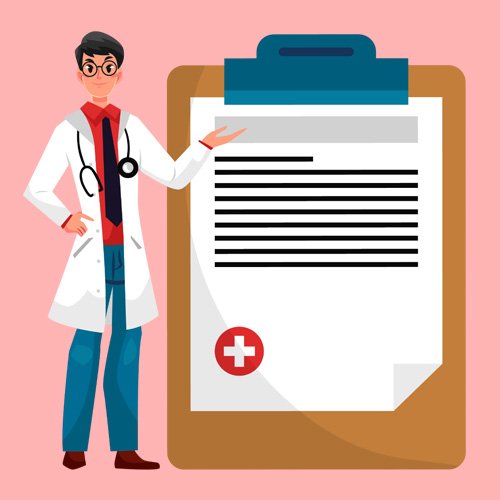
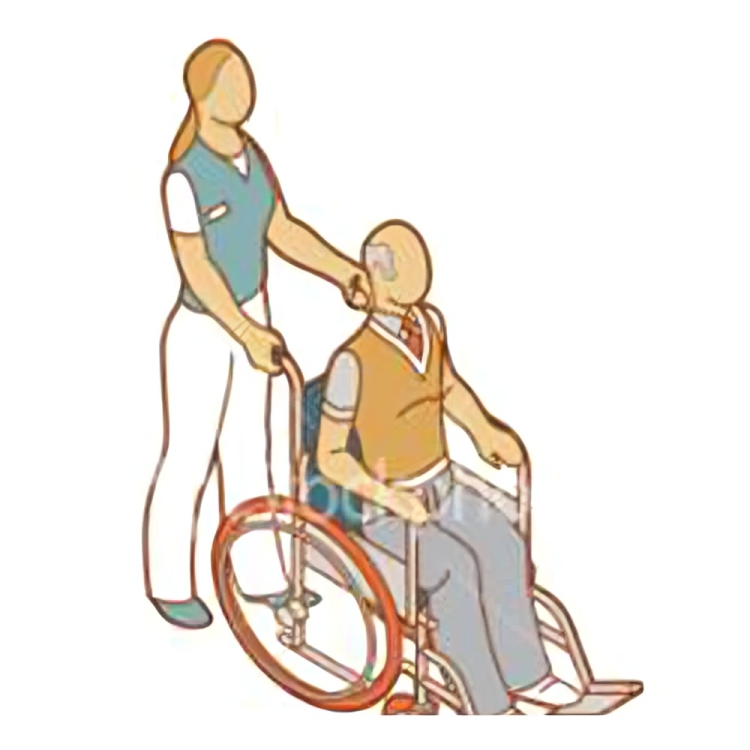
Be sure you know the date and time of check-in to the hospital. You should come directly to the 5th floor, Dharma Vira Heart Centre, while your relative or friend can go through the admission procedure on the 5th floor itself, (or some times after working hours at the admission counter,~ .ground floor). Do not bring extra clothes with you. Hospital dress will be provided to you throughout your stay.
There is no need to come empty stomach to the hospital. You can have your breakfast before coming for admission. You should bring along personal toiletries like a toothpaste and toothbrush. If you are taking blood-thinning drugs like Aspirin, Ticlopidine, Clopidogrel or Acitrorn, they should be stopped 3-5 days prior to admission as per the directions given by the surgeons. Your surgeon will give clear instructions in this regard.
After registering at the admission office of the hospital you will be admitted one to two days prior to your operation to the room you have opted for. Sometimes we prefer to admit the patient directly on the 5th floor in the surgical intensive care unit in order to monitor the vital parameters. This is done in the interest of your safety, which is of prime importance. Usually a patient is admitted to the hospital with enough time before the operation date to allow diagnostic tests to be done. These routinely include, blood and urine tests, Electrocardiogram (ECG), chest x-rav, liver and kidney function tests, computerized lung function tests, echo study of heart and similar studies of arteries of the brain. If your cardiac catheterization and angiography has been done outside this hospital, then bring the CD/ angio film in original along with you. You must also bring your entire medical records.
For open heart or bypass surgery, 4 units of blood have to be arranged. In cases of repeat or re-do surgeries, the requirement is more and up to 8 units could be required.
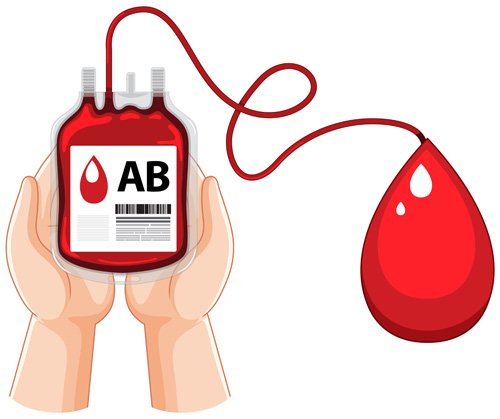

Most heart surgeries at Sir Ganga Ram Hospital are performed under a package system. There is a package 6days for closed heart surgeries and :8days for open heart and bypass surgeries. The package starts one day prior to surgery. The exact financial implications will be told to you by the doctors. However these packages are not watertight as there are certain restrictions / stipulations as to what all the package covers. Also, 5% of the patients who may develop some complications, may have to over stay the package in which case they will be billed on a day-to-day basis after the expiry of the package. Complete expenses have to be deposited one day prior to surgery, which is usually the day of admission. The money can be deposited either in cash or by bank draft. Cheque payments are not acceptable.
Credit card facilities are available. For any doubts you may contact the surgeon on duty (extn. no. 1506).
A nurse will show you your room/bed and will take and record your temperature, heart rate, respiratory rate, blood pressure, height and weight. A urine sample may also be obtained. The surgical staff will visit to examine you, discuss the details of the operation and answer questions. The nursing staff will also evaluate your needs, make you as comfortable as possible, provide information and answer questions. In addition, the an esthesiologist will evaluate you and discuss plans for the care of vital body functions during the operation. Other members of the technical staff may come to draw blood, insert intravenous catheters, instruct you about how to breathe and care for your lungs after the operation You will also be told when the operation will be conducted. Heart operations are usually scheduled in advance and begin on time. Occasionally an operation may be delayed because other patients have emergency needs. If this happens, your operation will be rescheduled as soon as possible. At times the initial examination and investigation may reveal the need for further investigations, corrective treatment and medication. In such situations surgery may have to be postponed for a day or two.
Credit card facilities are available. For any doubts you may contact the surgeon on duty (extn. no. 1506).

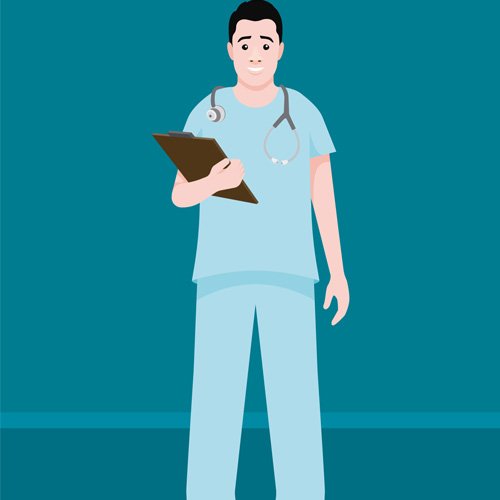
Before your operation much of your body hair will be shaved off, especially from your chest and legs. You will probably be asked to shower and wash with antiseptic soap to remove bacteria from the skin. This reduces the chances of infection. You should remove personal items such as glasses,contact lenses, dentures, watches, bangles, jewellery etc. and give them to family members for safekeeping. Ladies must remove their nail polish. No under garments should be worn.
You will be served a light meal the night before surgery and given the pre anaesthetic medications prescribed. A good night's sleep is important. Your body needs to be fresh and strong. Ask the doctor or the nurse any last minute questions; tell them if you are feeling any discomfort or symptoms you may suddenly develop at this stage. Also please inform the doctor/nurse about any drug reaction, allergies that you suffer from, bleeding tendencies, any unpleasant experience with previous surgery/ anesthesia or any major past illness. Ladies must inform the doctor, if they are expecting or having menses.
Medications that will make you feel relaxed will be given about an hour before the operation. You may feel drowsy. It is desirable and advisable for you to remain in bed and try not to move around too much.
At the appointed time, you will be taken to the opera tion room. The anesthesiolo gist will give you an anaes thetic that brings sleep and relief from pain during the operation and then the operation will be per formed.

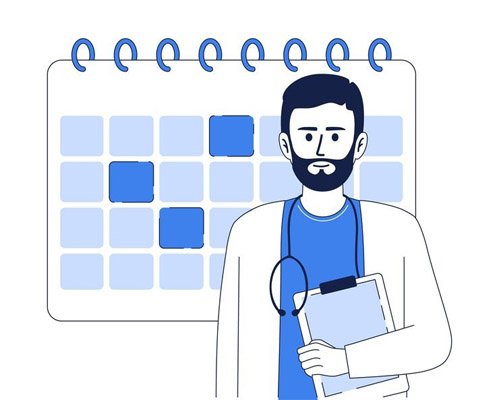
How long do these operations usually last?
Open Heart and Coronary artery bypass graft operations usually last from three to six hours. Their length depends upon what has to be done. Each operation varies in complexity, so its duration can only be estimated roughly. Closed heart operations take two to three hours.
When your surgery is over, you will be taken to the re- covery or surgical ICU for your postoperative recovery. You will remain in these areas until your condition is stable and you are ready to be transferred back to the ward- This usually takes two or three days. In these areas your vital parameters, especially heart & lung functions and urine output, are carefully monitored.
In the recovery room you will become aware of the sounds of equipment and various patient safety alarm systems. There will be a number of tubes and pieces of equipment attached to your body, which are essential for your proper and safe treatment.
An endotracheal (breathing) tube will be in your mouth, which passes through the vocal cords into the windpipe. While this tube is in place you will not be able to talk, but the nurses are specially trained and will anticipate your needs. This tube is connected to the artificial breathing machine (Ventilator), which assists you with your breathing. When you are fully awake after the operation and no longer require assistance with your breathing, the tube will be removed.
The nurse will help you sit up in bed and cough vigorously to clear your lungs of secretions. For the next day or two you will receive oxygen through a mask. In addition you will have several cannulae (small tubes) in your veins to administer fluid, blood and medications. These tubes will be removed one by one over the next couple of days.
A urinary catheter will drain 'your bladder continuously and enable the nurse to keep an accurate record of your urine output. Sometimes it may give you a feeling of pressure in your bladder and make you feel as if you need to urinate. This is usually removed two days after surgery.
Drainage tubes are placed around your heart at the time of surgery and pass through the skin near the lower end of your chest incision. The drains ~ prevent blood from accumulating around the heart during the postopera- tive phase. Sometimes small wires are taped on your lower chest. They have been placed at the time of surgery to control your heart rate. These wires will be removed before you go home
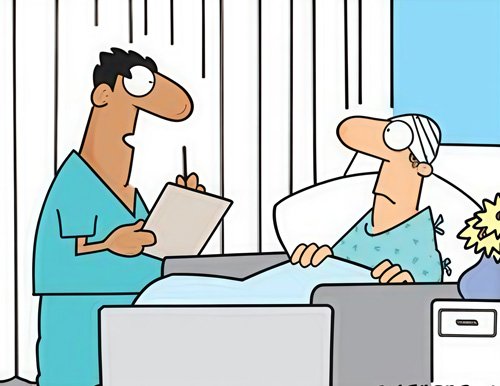
Usually on the 1st or 2nd post operative day (for practical purposes, the day of the operation is considered as day 0), patients are shifted to Surgical ICU. Here, under close observation, your mobility and activity will gradually increase. Doctors, nurses and physiotherapists will assist you in all possible ways but you will need to make efforts ~ as well. To make your recovery smooth and uneventful you will need to pay special attention to the following:
- Coughing frequently - to ensure that your lungs remain clear and infection free
- Walking about - do take care not to overdo it. If you feel dizzy, return to bed.
- Going to the toilet - do not lock the door, as it is essential to have help near at hand
Most patients pass stools on 4th or 5th day for the first time. This is because during & immediately after surgery most of your intake is liquid & so stools are not formed. It does not hamper your recovery but if you feel uncomfort able please inform the nurse who will give you a gentle enema or a laxative to help you evacuate your bowels.
Immediately after surgery you might loose your appetite and not feel hungry at all. Eat whatsoever you feel like. Your appetite will improve by each passing day.
You may also have a hoarse voice or a sore throat from the tube. This will go away in a few days time. All you need is a little voice rest & steam inhalation
Pain, tingling, numbness, sense of weight or pain in chest are very common after surgery. Just ignore them. They will go away in 4-6 weeks time.
Lack of sleep or disturbed sleep is common after any surgery. If it bothers you, then the nurse will give you a sleeping tablet.
Excessive sweating is another frequent minor complaint which is best ignored.
From here you will be shifted to the ward/room that you have opted for after about 2-3 days. l3ut that will depend upon your clinical condition and the availability of beds. Don't get anxious if you are not shifted
In the ward, the routine will be almost the same. The major difference is that you will have your relatives with you and your friends can visit you.
After cardiac surgery it is normal to. experience some incisional, muscle and bone discomfort. Use good posture when you sit and stand. Take short but frequent walks within the corridors. Pain medication is available and will be given by the nurse when you ask for it. It is not uncommon to have fever for 5- 6 days after surgery until your lungs are cleared of secretions. You may perspire during the day and particularly at night. This may continue for several weeks after discharge from the hospital. It is not unusual to experience "ups" and "downs" during recovery days, both in hospital and at home. Having a bad day after one or more good days does not mean you are worse. If you have difficulty sleeping at night, you may need to be more active during the day. Take fewer daytime catnaps and drink less of tea or coffee. As a last resort you may take a sleeping pill at night. Sleeping habits usually return to normal in a few days following surgery. Neuro psychiatric disturbances are common in the recovery period. One should not get alarmed if you have emotional or depressive tendencies. These subside gradually with mild tranquillizers. It is normal to have shortness of breath for one or two weeks. This is because you have just undergone a major operation and some amount of generalized weakness is bound to be there. It is also not uncommon to be aware of your heartbeat. This feeling of heartbeat will go off in a couple of weeks. If you are of a heavy build you will be provided a chest corset to support your breastbone. For the leg incisions, crepe bandage will be given to you. Your nurse will put them on and will teach you how to do it at home. The foot end of the bed should be elevated to reduce swelling of feet which is very common after bypass surgery, where veins have been harvested from the leg.
Hospital has places where your family and friends can wait during surgery. Be sure the surgeon knows where your family will be waiting during the surgery. Two of your relatives can wait in the surgical lobby (on 5th floor in front of lift no. 4) while the surgical procedure is going on. Flowers and bouquets are strictly prohibited in intensive care areas. As soon as the operation is over, relatives will be informed about it and about your progress and well-being.Once the surgical procedure over one relative should stay in cardiac waiting area situated at 2nd floor in old building. After surgery you will be kept under strict surgical and nursing surveillance in the recovery ward, which is located within the operating theatre premises. Usually on the 1st or 2nd post-operative day you will be shifted to the Surgical ICU. Depending on your condition, you will be wheeled to the waiting area to meet your relatives briefly on the 2nd or 3rd post operative day. However your relatives can come to the surgical lobby every day between 7 & 8 in the morning. The duty doctor will brief them about your progress. They can also personally meet Dr. Ganesh Shivnani at 9 AM everyday in his office.
Under no circumstances will the patients' relatives be allowed to visit the recovery room, surgical ICU or surgical IMCU. However, you can speak to your near and dear ones over the in-house telephone.
The hospital premises have a shopping mall including a cafeteria and a chemist on the ground floor, for the convenience of the visitors.
Telephone services including ISD/STD are also available in the hospital and are situated at the ground floor. The hospital has bank services (Syndicate Bank) on the ground floor. Relatives can make use of the religious services located at the ground floor level within the hospital premises.
